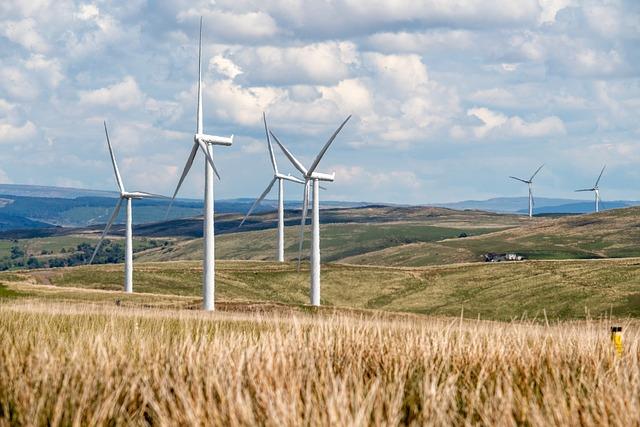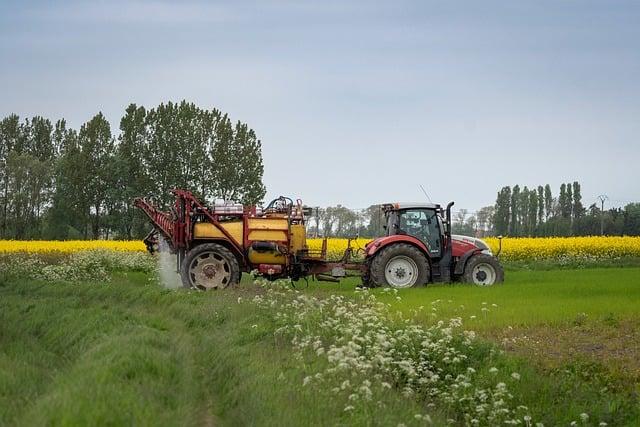- Introduction
- AI in Energy Management
- Smart Cities and Sustainable Urban Planning
- AI for Climate Prediction and Monitoring
- Optimization in Agriculture with AI
- Conclusion
- FAQs
Introduction
As global warming and environmental degradation become more pressing issues, Artificial Intelligence (AI) has emerged as a powerful tool for fostering sustainability. From revolutionizing energy consumption to optimizing agriculture and urban planning, AI is playing a significant role in safeguarding the planet.
In this article, we’ll explore how AI is improving energy management, helping build smart cities, enhancing climate prediction models, and optimizing agriculture. By understanding these applications, we can see the potential of AI in creating a greener planet.
AI in Energy Management

(Image: Pixabay/@EdWhiteImages)
One of the key areas where AI is significantly contributing to sustainability is energy management. Through smart grids, machine learning algorithms can optimize energy production, prevent waste, and cut costs. AI also assists in ensuring that renewable energy sources such as solar and wind power are efficiently utilized by forecasting supply-demand patterns.
Additionally, AI-powered systems can adjust energy consumption in real-time based on usage data, leading to more efficient operation of devices and appliances. This not only saves energy but also reduces long-term operational costs for both consumers and businesses.
Power companies can leverage AI to detect inefficiencies or anomalies in the energy grid, enabling rapid responses to blackouts or other disruptions, ultimately promoting a cleaner and more efficient energy network.
Smart Cities and Sustainable Urban Planning

(Image: Pixabay/@geralt)
AI is fundamental in the development of smart cities—urban zones designed to operate in harmony with the environment through advanced technologies. These cities utilize AI to optimize their infrastructure, transportation systems, and resource management, reducing both waste and pollution.
For example, traffic congestion can be alleviated using AI-driven analytics to monitor traffic flow in real-time. Similarly, waste management can be improved through AI solutions that monitor and predict waste collection needs, ensuring that resources such as fuel and manpower are used efficiently.
Moreover, AI-assisted building designs can enable more energy-efficient structures by optimizing heating and cooling systems, thus decreasing overall carbon emissions in densely populated urban areas.
AI for Climate Prediction and Monitoring

(Image: Pixabay/@guvo59)
Climate change poses one of the most significant challenges to our planet, and AI is making strides in monitoring and predicting its impacts. Using machine learning algorithms, scientists can analyze vast amounts of climate data to create models that predict weather patterns, shifts in global temperatures, and potential natural disasters such as hurricanes or floods.
This advanced forecasting allows governments and organizations to respond proactively and allocate their resources where they’re most urgently needed. For instance, early predictions and warnings help in evacuating populations from areas that will be affected by extreme weather events.
Furthermore, AI is being used for environmental monitoring, identifying deforestation patterns, carbon emissions spikes, and air quality trends to enable swift interventions aimed at preserving ecosystems.
Optimization in Agriculture with AI

(Image: Pixabay/@dendoktoor)
Agriculture, a sector heavily impacted by climate change, is benefiting immensely from AI-driven farming innovations. AI applications in agriculture range from precision farming that allows farmers to use resources like water, pesticides, and fertilizers more efficiently to monitoring crop health in real time through drone-based imaging and sensors.
Furthermore, AI enables better crop selection and rotation practices by analyzing environmental factors such as soil quality, temperature, and humidity levels, which helps increase yields while minimizing ecological damage.
Another crucial contribution of AI to agriculture is the improvement of supply chain management. AI systems can predict the best time for planting and harvesting, helping farmers and distributors reduce food waste and optimize logistics efficiency.
Conclusion
Artificial Intelligence is rapidly emerging as a critical ally in the fight against climate change and environmental degradation. From optimizing energy management systems and developing sustainable urban environments to improving farming practices and affording better climate predictions, AI has the potential to create a more sustainable future.
While challenges remain in its implementation, the visionary application of AI technologies could steer humanity toward a cleaner and greener planet for generations to come.
FAQs
How does AI help in reducing energy consumption?
AI helps reduce energy consumption by optimizing the supply-demand balance, automating energy-efficient operations, and providing predictive analytics for energy usage patterns.
What role does AI play in building smart cities?
AI is used in smart cities to optimize infrastructure, manage traffic, improve waste disposal, and ensure efficient use of resources, contributing to reduced carbon footprints.
Can AI help mitigate climate change?
Yes, AI can help mitigate climate change by improving climate modeling, enhancing early warning systems for extreme weather events, and providing solutions for resource optimization and waste reduction.
What are the agricultural benefits of AI?
AI boosts agriculture by enabling precision farming, optimizing crop yield, improving pest control, and enhancing supply chain management, ultimately leading to more sustainable farming practices.

